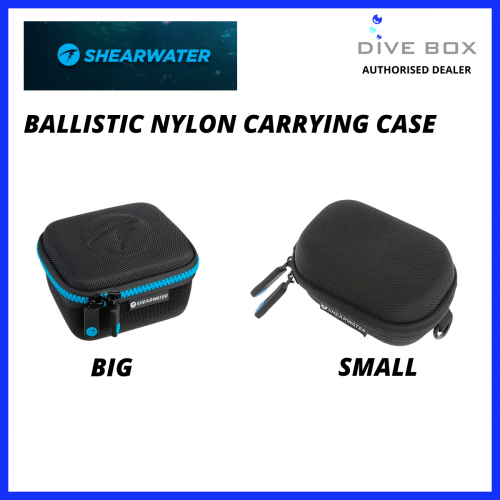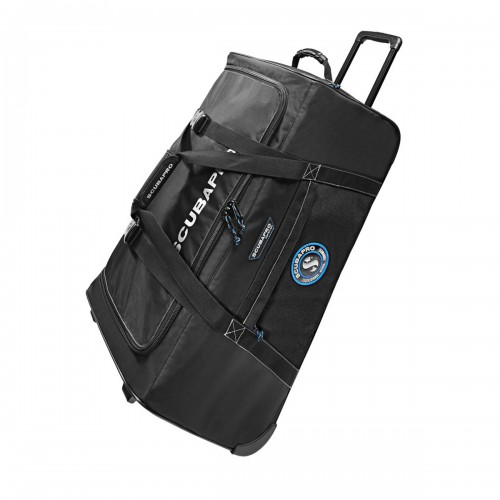For passionate divers, travelling to new destinations means one thing: new underwater adventures. But when it comes to international travel, protecting your diving equipment is just as important as planning your dives. Lost or damaged gear can ruin a trip and cost a fortune to replace. In 2025, with airlines tightening baggage rules and security checks becoming stricter, divers need smart strategies to keep their equipment safe on the journey.
Why Protecting Diving Equipment Matters
Your diving equipment is not just gear—it’s life-support. Regulators, BCDs, and masks are finely tuned tools designed to keep you safe underwater. Unlike fins or wetsuits, many pieces can’t be easily rented or replaced abroad. A cracked regulator or lost dive computer can put an end to your diving holiday before it even begins.
Packing Tips for Diving Equipment
Use a Padded Dive Bag
Invest in a travel-ready dive bag with reinforced corners, wheels, and internal padding. Many 2025 models even include shock-absorbing panels designed specifically for fragile diving equipment.
Check out the Scubapro Caravan Bag here which is designed for carry a large amount of diving equipment safely from one place to another
Carry Regulators in Hand Luggage
Regulators are sensitive to impact and expensive to replace. Always pack them in a padded regulator bag and carry them on board as hand luggage.
Protect Dive Computers and Masks

Store dive computers in hard cases and masks in sturdy boxes. Anti-scratch film is an easy upgrade for touchscreen dive computers.
Distribute Weight Wisely
Airlines are strict on weight limits. Pack heavier items like fins and wetsuits in checked baggage, and lighter, delicate diving equipment in your carry-on.
Insurance and Documentation
Even with careful packing, accidents happen. In 2025, more insurers now offer specialist diving equipment coverage that includes lost luggage, theft, or accidental damage. Keep receipts and serial numbers of your gear, and take photos before you travel—this speeds up claims if the worst happens.
Maintenance Before and After Travel
Before travel: Service your regulator and BCD to ensure they’re in top condition. Airlines may check pressurized cylinders, so travel with empty tanks or rent them at your destination.
After travel: Salt, humidity, and long flights can affect your diving equipment. Rinse everything in fresh water as soon as you arrive and again after your final dive before flying home.
Bonus Tips for 2025 Travellers
Use GPS tags. Attach smart trackers to your dive bag to locate it instantly if luggage is delayed.
Ensure that your bags have lockable zippers. Use TSA-approved locks to secure your diving equipment against tampering. Consider using local rentals if weight limits are a challenge, consider renting bulkier items like tanks or weights at your destination and bringing only personal essentials.
Conclusion
Travelling abroad with diving equipment doesn’t need to be stressful. With the right packing strategies, insurance, and care, you can ensure your gear arrives safely and is ready for your next underwater adventure. After all, your equipment isn’t just baggage—it’s your passport to explore the ocean with confidence.

